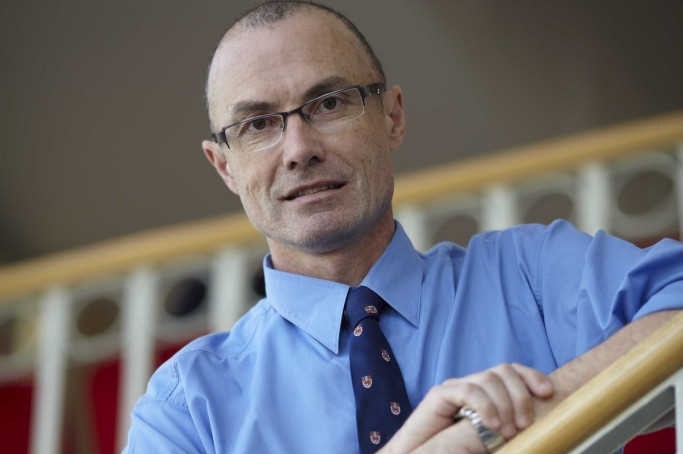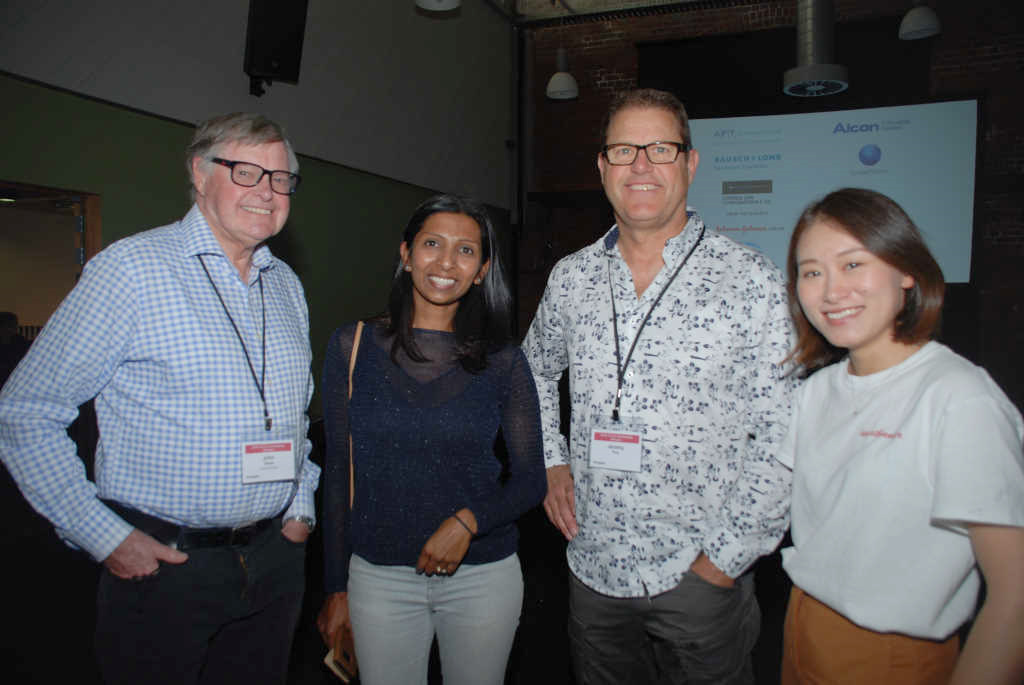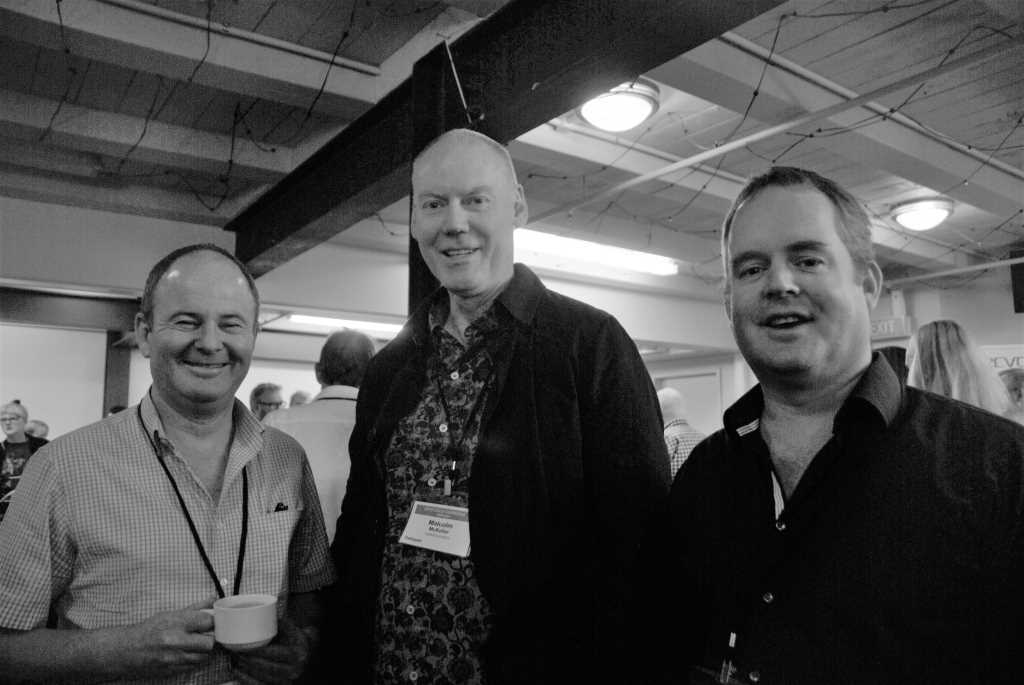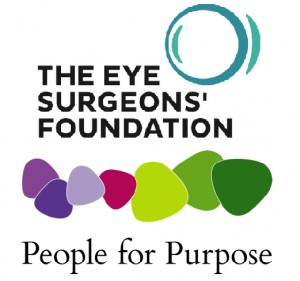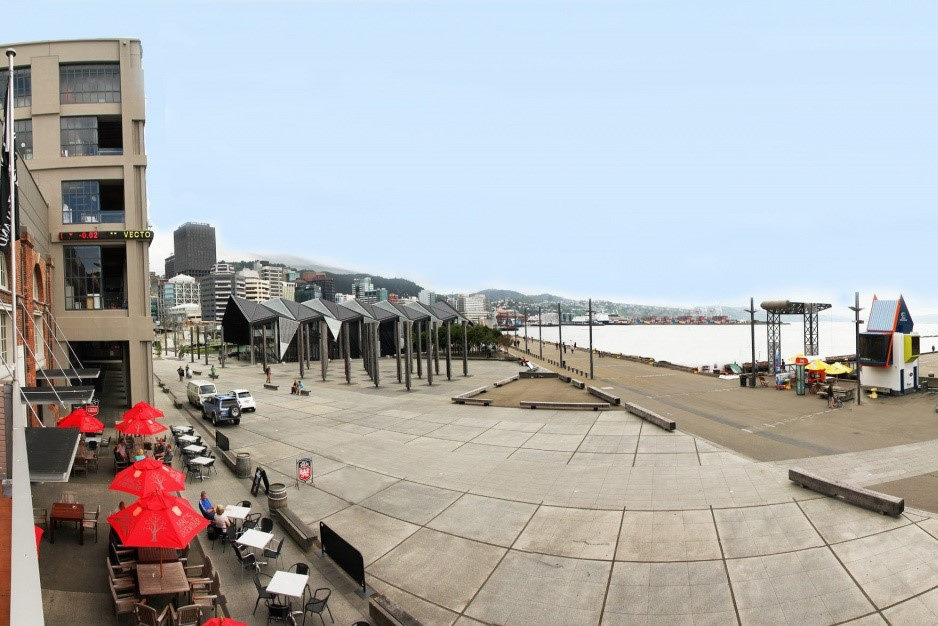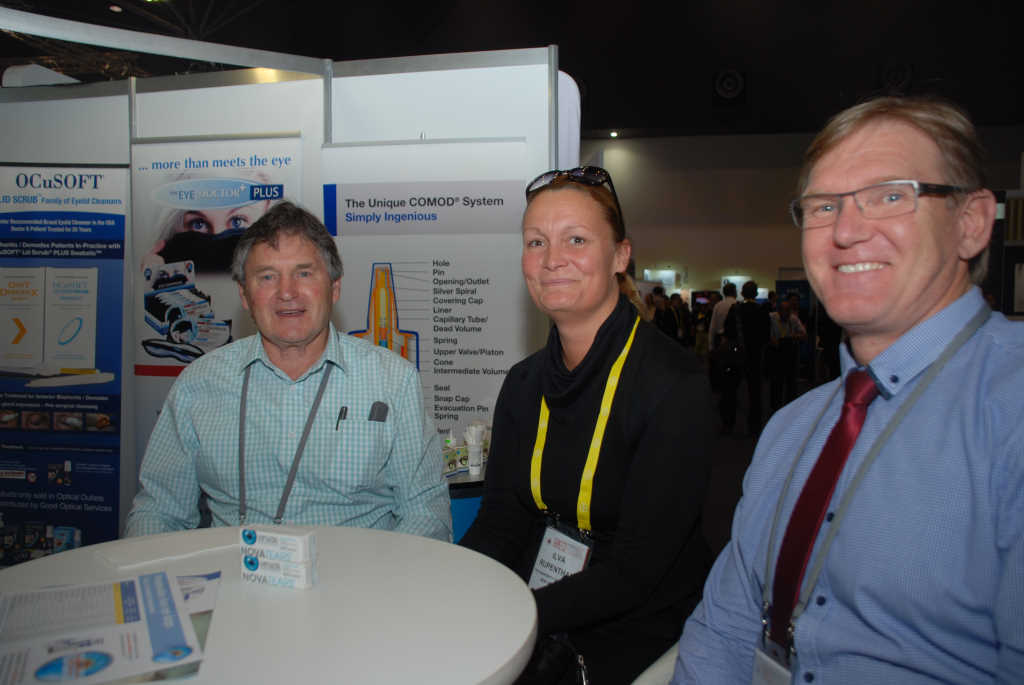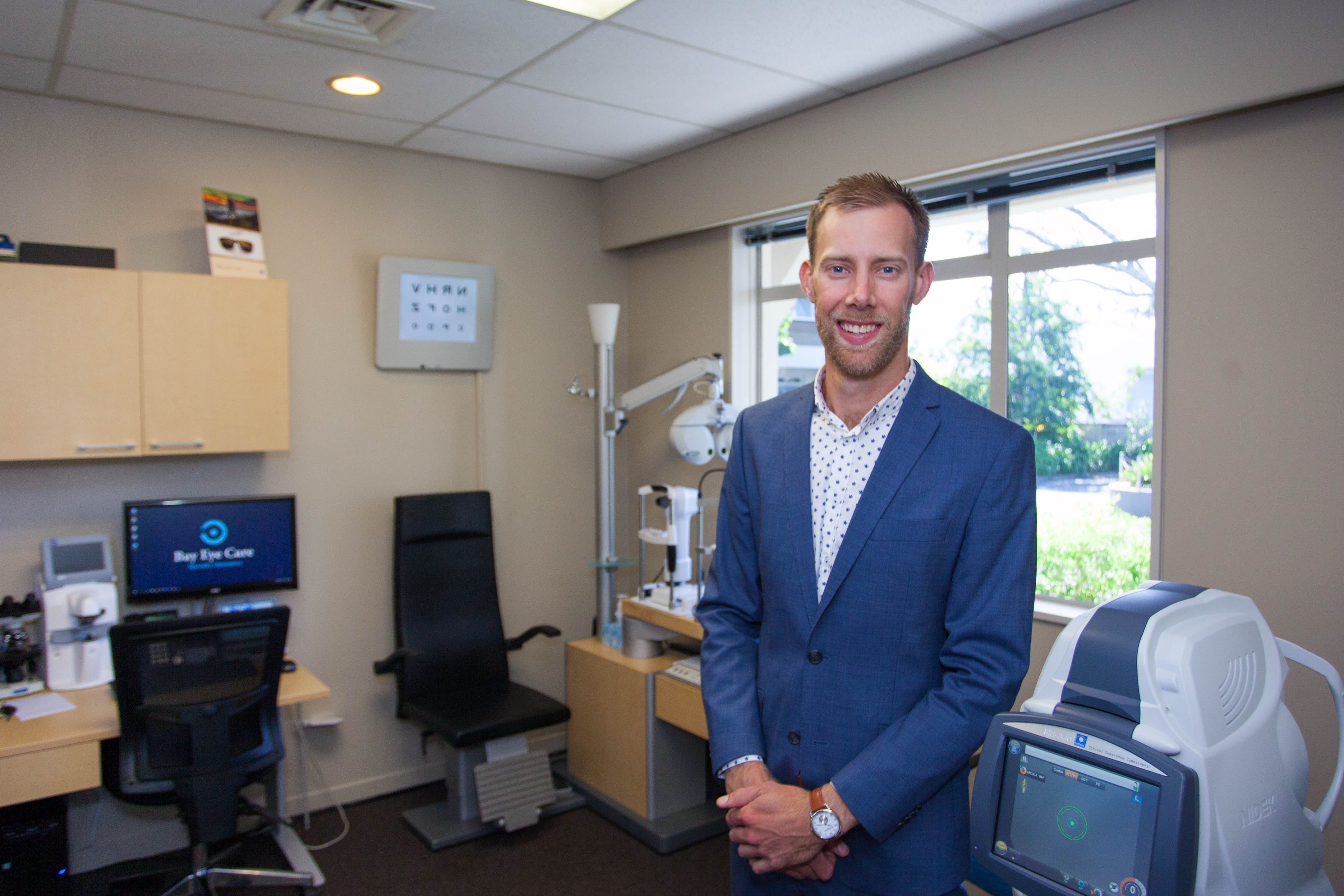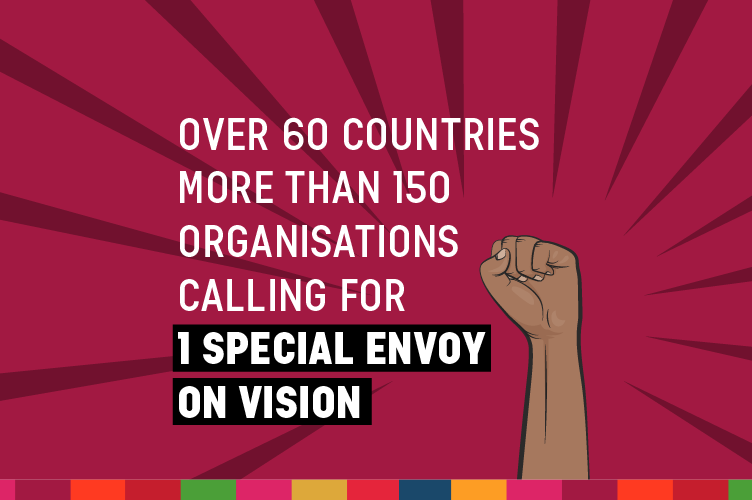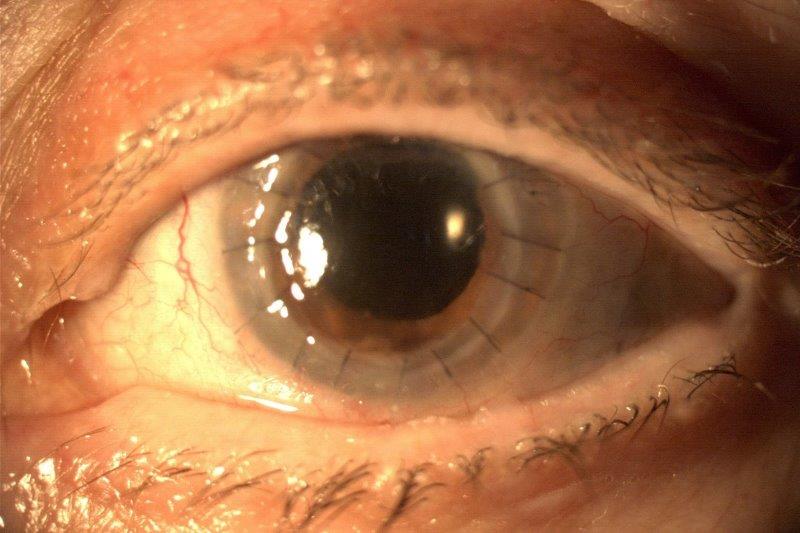RANZCO NZ: An enjoyable, educational affair
The RANZCO New Zealand Annual Scientific Meeting is one of the most important meetings in the New Zealand ophthalmic calendar and is unique in that it incorporates the New Zealand Ophthalmic Nurses Group Meeting and the New Zealand Orthoptic Society Meeting.
The programme
This year, the two-day programme from 11 - 12 May at Auckland’s Hilton Hotel, features concurrent streams, focusing on each speciality, with presentations ranging from five to 25 minutes from more than 60 speakers (40 in the Scientific Meeting alone) followed by question and answer sessions from the floor.
The programme kicks off with a welcome function, with canapés and drinks in the exhibitors’ hall of the Hilton on Thursday 10 May from 5.30-7.30pm. This year, the popular annual meeting dinner will be held on Friday 11 May in The Maritime Room, just a short walk from the Hilton, with views over Auckland’s famous Viaduct Harbour. As well as the normal good food, great atmosphere and general bonhomie, this year’s organisers are also promising a few surprises at the dinner, so definitely not one to be missed.
The main Scientific Meeting this year welcomes a number of overseas specialist speakers, as well as a plethora of local talent, many of whom will be sharing their own unique experiences across a number of different, and often unusual, cases, including, ‘Duped by BDump’; an unusual presentation of systemic lupus erythematous; and panuveitis in Sweet’s syndrome.
Other topics include, New Zealand cataract risk stratification, audit and paediatric surgical outcomes; psychophysics; the development of a novel web-based deep learning system, to identify common retinal pathologies, and an open-source pupilometer; Vogt-Koyanagi-Harada disease; orbital decompression surgery in thyroid eye disease; keratoconus in Down syndrome in New Zealand; corneal cross-linking outcomes; and, tackling that biggest of questions, oft lauded by eye health professionals: “are the eyes really the window to the soul?”
Meet the speakers…
And that’s just some of the smaller sessions. As a further taster of what’s on offer at this year’s RANZCO NZ gathering, NZ Optics’ approached the four keynote speakers from the Scientific Meeting and the Nurses Meeting and asked them to tell us a little bit about what they would be presenting, how they came to be working in ophthalmology and what they were most looking forward to from this year's meeting.
Professor David Mackey
Internationally-renowned genetic ophthalmologist, Professor David Mackey is managing director of the Lions Eye Institute and professor of ophthalmology and director of the Centre for Ophthalmology and Vision Science at the University of Western Australia. Having devoted his career to decreasing blindness from optic nerve disorders, his work has helped revolutionise the management of hereditary optic atrophy (Leber and ADOA) and glaucoma.
In 1993 he initiated the Glaucoma Inheritance Study in Tasmania, creating one of the largest glaucoma biobanks in the world that led to the discovery of the myocilin gene and its association with glaucoma. His work with the Twins Eye Study in Tasmania and Brisbane characterised the heritability of many ocular measurements, while his Genome Wide Association Studies have identified genes for myopia, corneal thickness, intra-ocular pressure optic nerve size and glaucoma. In 2007-8, he led the Norfolk Island Eye Study, examining 800 mixed-race descendants of the Bounty mutineers as part of a major genetic eye study. In Western Australia, he has collected ocular and environmental data on 2000 20-year old Raine Cohort participants. A follow-up study of these participants at age 27 commenced in 2017, while a new study he started in 2012 is examining the positive-negative effects of UV sun exposure.
How did you come to focus on this area of eye health?
I am an ophthalmic geneticist, which is an uncommon subspecialty in ophthalmology. I’ve always been interested in genetics, since school. During medical school, I was also fascinated by ophthalmology, so I combined them in my fellowships at the Royal Children’s Hospital in Melbourne, the Johns Hopkins Centre for Hereditary Eye Disease in the USA and Moorfields Eye Hospital in London.
Genetics are at the cutting edge of science and we have been part of the major discoveries of genes associated with many different eye diseases. We learn new pathways for disease and can predict those at high risk, and in diseases like glaucoma or retinoblastoma we can intervene to reduce vision loss.
Can you tell us about your talks this year?
I am giving four talks. First, an overview of where genetics is taking us. Gene therapy to treat eye disease has been in the press a lot of late with a treatment just licenced in the US being marketed at $850,000! (Luxturna, NZ Optics Feb 2018, p21). However, we need to consider genetic testing to prevent genetic eye disease, which may be cheaper. Plus, the new technologies for visually impaired people like smart phone apps and driverless cars offer an exciting future of independence. We need to follow all these paths.
Second, we have been studying families to find glaucoma genes since the Glaucoma Inheritance Study in Tasmania began in 1994. In the coming months, several papers will show a large number of genes causing adult glaucoma are also the ones that cause childhood glaucoma.
Third, there is a global epidemic of myopia, where a lack of time outdoors is a contributing factor. However, in Australia and New Zealand, where we already have the highest risk of skin cancer, what will happen if we send our kids outdoors more to prevent myopia?
Fourth, a disease I studied for my doctorate thesis called Leber Hereditary Optic Neuropathy is now undergoing clinical trials for a new gene therapy.
Dr Brendan Vote

Dr Brendan Vote is a clinical associate professor with the University of Tasmania and a vitreoretinal and cataract specialist. He was a medical officer in the RAAF for six years before commencing his ophthalmology training in Dunedin and completing retinal fellowships in Auckland, Brighton and at Moorfields Eye Hospital in London. He established the Tasmanian Eye Institute in 2008 to offer research, educational and ophthalmic service to the Tasmanian community.
He is currently involved in multicentre trials assessing intravitreal therapies in diabetic maculopathy, age-related macular degeneration (AMD) and vascular occlusion, including evaluating the long-term effectiveness of Lucentis for the treatment of MD in a large cohort of patients treated now for more than 10 years. He has also been an active researcher of femtosecond laser in cataract surgery through the first prospective comparative cohort study, which began in 2012.
Can you tell us about your topics at RANZCO NZ?
My first topic is ‘Lessons from my 10+ year macular degeneration relationship utilising intravitreal injections’; the second is, ‘Cataract surgery and a doctor's role in emerging technologies’; the third, ‘CRISPR-Cas 9 is the exponential game changer in gene therapy; and the fourth, ‘Crypto currency, Blockchain and healthcare - a dystopian future or necessary evolution?’.
I am always excited by the technological breakthroughs we are making. But I like to see how these will apply in the real world beyond the marketing and hype. I suppose that makes me an enthusiastic sceptic; keen to try new things but looking for the evidence it works.
What are you looking forward to at this year’s meeting?
I think the New Zealand meeting is one of the best, as it has the perfect mix of science and social, so I always look forward to attending.
I enjoy hearing from speakers without industry associations presenting their research and insights. The New Zealand RANZCO Branch meeting has always had this balance and I think this is where more of our international scientific congresses need to head.
Associate Professor Lyndell Lim
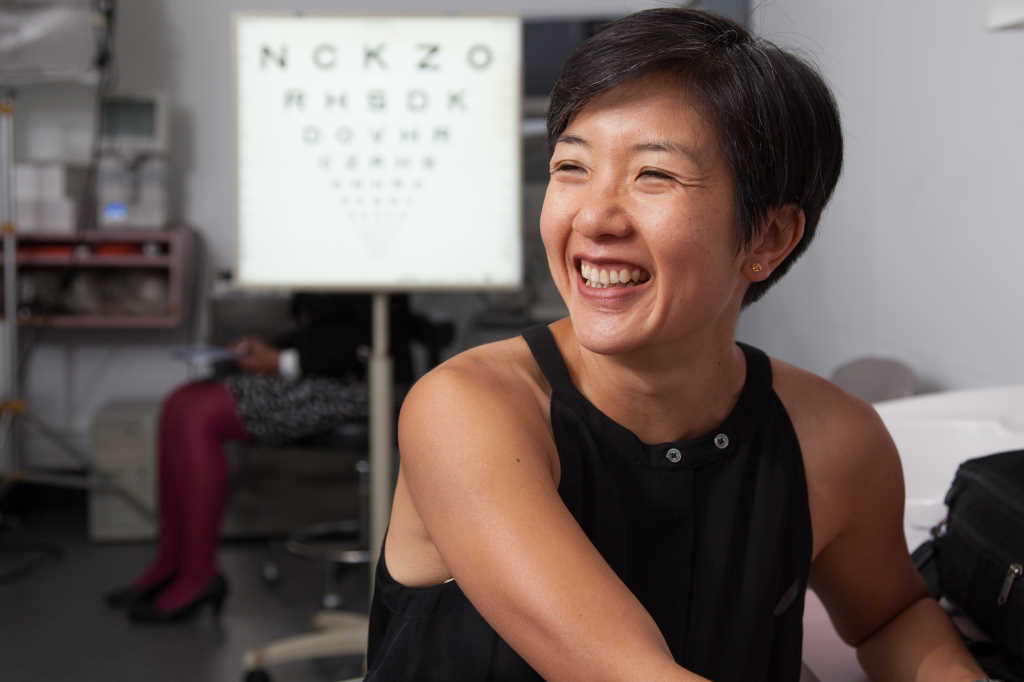
Associate Professor Lyndell Lim is principal research fellow at the Centre for Eye Research Australia (CERA) at the University of Melbourne, where she also heads the Clinical Trials Research Unit. A consultant ophthalmologist at the Royal Melbourne Hospital and the Royal Victorian Eye and Ear Hospital (RVEEH), where she leads the Ocular Immunology Clinic, her sub-specialities include medical retina and ocular inflammatory disease. Her current areas of research include the possible role of inflammation in the pathogenesis of several retinal diseases such as AMD, as well as clinical studies in diabetic retinopathy and uveitis.
At RANZCO NZ, A/Prof Lyndell Lim will be presenting on cataract surgery in patients with uveitis and diabetic macular oedema; and ‘the rise and rise of infectious uveitis’. Other topics to be confirmed.
Why eye health and research?
I became a doctor because I liked the idea of helping people; an ophthalmologist, as it’s the perfect blend of medicine and surgery; a uveitis specialist, because no one patient with uveitis is the same and there are so many unknowns; and a researcher because it presents the chance to make a real difference to patients’ lives.
As a doctor, you can help hundreds to thousands in your lifetime of work. But as a researcher, you have the chance to help millions.
What are you most excited about for this year’s meeting?
The chance to talk about uveitis and my research is always fun, especially with such a nice group of people.
Ophthalmic nurses keynote: Helen Gibbons
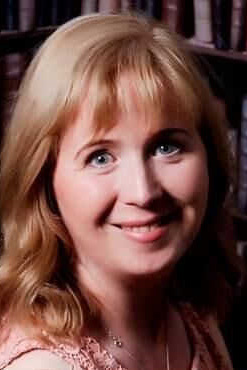
Heading up the New Zealand Ophthalmic Nurses Group Meeting, Helen Gibbons is currently the clinical lead nurse (education and research) at Moorfields Eye Hospital in London. She has extensive clinical ophthalmology experience in pre- and post-operative care, out-patients and establishing a nurse-led ophthalmic emergency clinic within a district general hospital. Gibbons was the first nurse to be trained to perform Nd:YAG laser capsulotomy and Nd:Yag laser iridotomy. She has used her knowledge to help develop more skilled nursing roles in a new eye hospital in Accra, Ghana, and visits every 18 months to support the team.
How did you come to your profession?
At 18, I had a place to undertake my Enrolled Nurse training but there was an 18-month wait, so I got a job as a nursing auxiliary which was on an ophthalmic ward. I loved ophthalmology. The only other speciality I considered was cardiology, however, on qualifying I was one of two people from my set to be offered a job, mine was part-time so I decided to apply back to my old ward and focus on ophthalmology.
Throughout my career the patients have always been my main focus. As a nurse practitioner, I enjoyed treating my patients independently giving the best care I could and when performing YAG laser capsulotomies, I never tired of seeing the joy of patients’ vision improving. Now, as an educator, I get so much pleasure out of supporting and developing future ophthalmic nurses, but I still enjoy patient contact when I support staff in their clinical areas.
What are you focusing on at RANZCO NZ?
I am giving five presentations at the conference: how we train our staff to understand what it’s like to have a visual impairment; the research link nurse programme we have introduced at Moorfields to encourage nurses to take part in nursing research and audit; advance practice roles for nurses at Moorfields; the ‘New to Ophthalmology’ Induction programme for staff new to ophthalmology; and my work in Korle Bu, West Africa. All the topics are relevant to everyday practice and I have learnt from each experience and subject.










